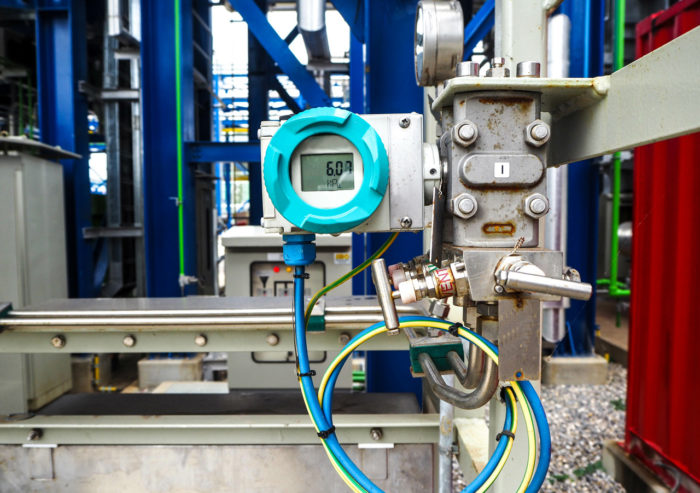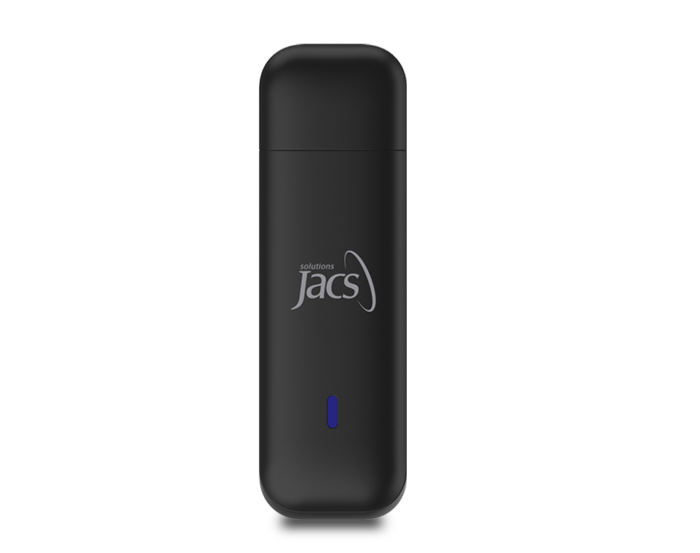
Industrial Remote Connectivity in Rural Areas
Remote data collection for fuel pump equipment in the field.
Keeping miles of fuel pipelines running at peak performance requires a substantial amount of labor resources to continuously travel to remote areas to inspect and acquire usage data from fuel pumps.


Challenge
In rural areas, data logging for fuel pumps at well sites and production facilities is essential to collect important insights on how pumps are performing. Industrial heavy equipment, such as reciprocating plunger pumps and metering pumps, collect important data on production rate, motor speed, and runtime. Oil and gas manufacturers need timely access to device data to mitigate potential equipment malfunctions, monitor fluctuations in oil reservoir levels, and throttle flow rate in the event of leaks or pump damage.
Having an integrated connectivity solution for these fuel pumps play a significant role in gathering data insights that are essential for keeping miles of pipelines running efficiently and allowing maintenance requests to be sent without delay, ensuring infrastructure robustness and improving profitability.


The JACS Solution
Oil and gas companies need to provide wireless connectivity to their fuel pump equipment so that important information about pump performance and safety measures can be accessed quickly and easily in the field.
The JACS Solutions TD191-B 4G LTE USB Dongle provides wireless connectivity that easily integrates with legacy field equipment and machinery to deliver carrier-certified LTE connectivity virtually anywhere. The dongle is Plug & Play out of the box and features software-based routing to enable remote management for real-time monitoring and administration.